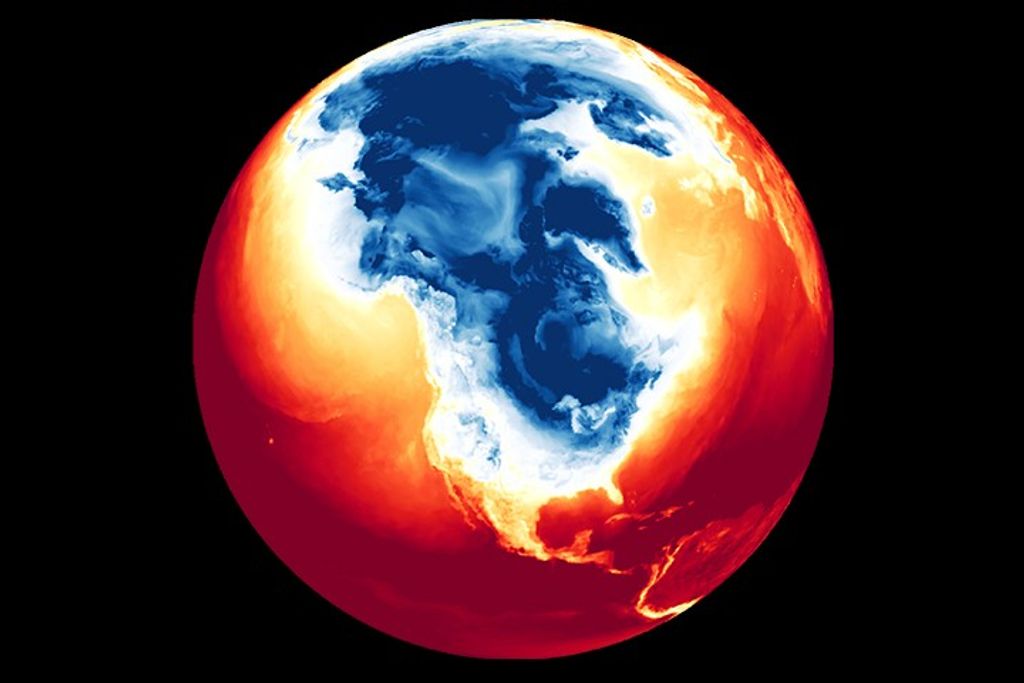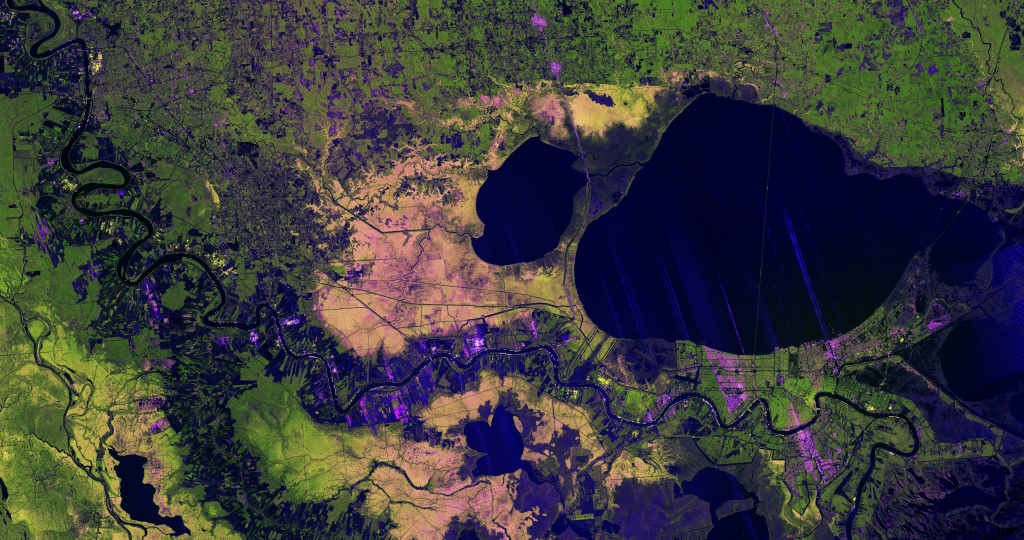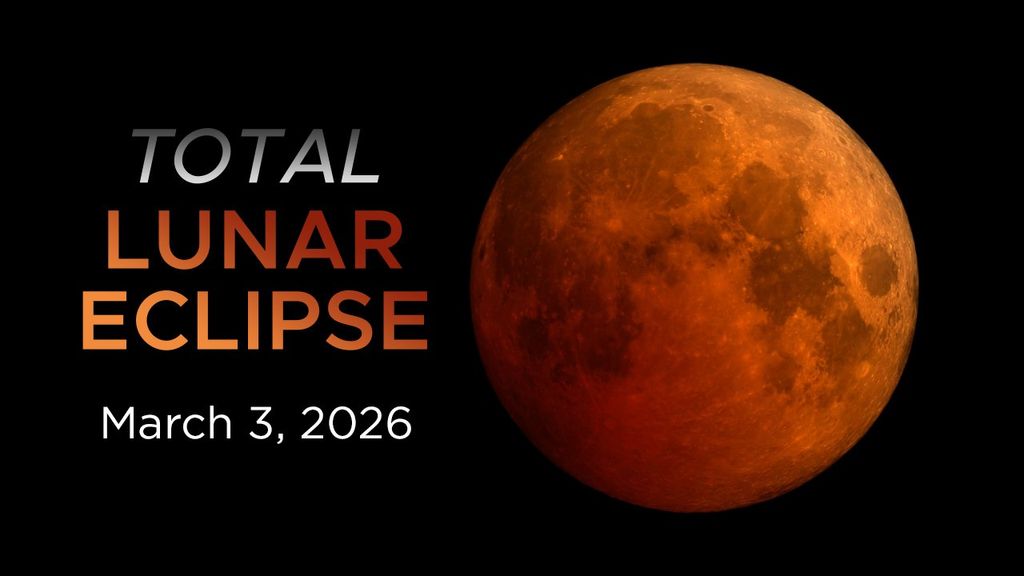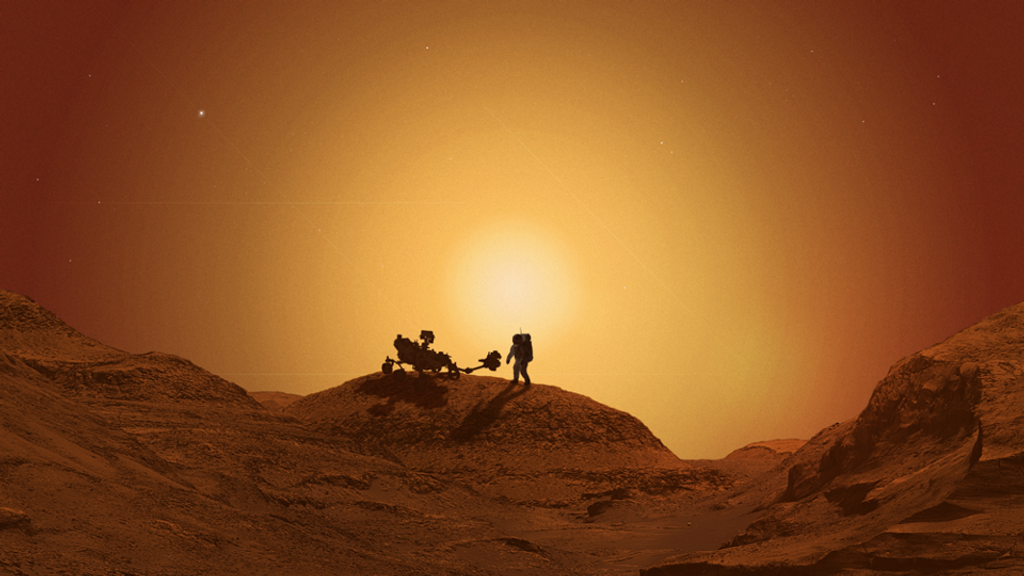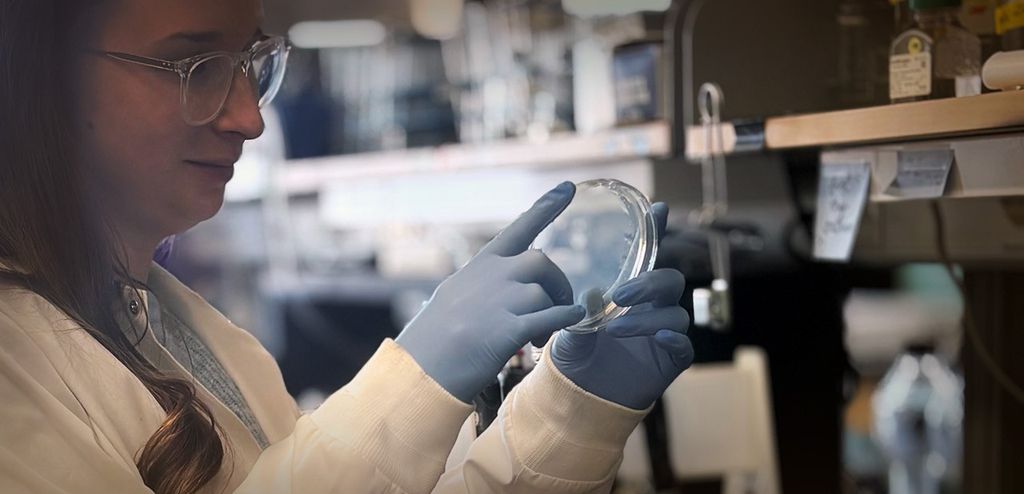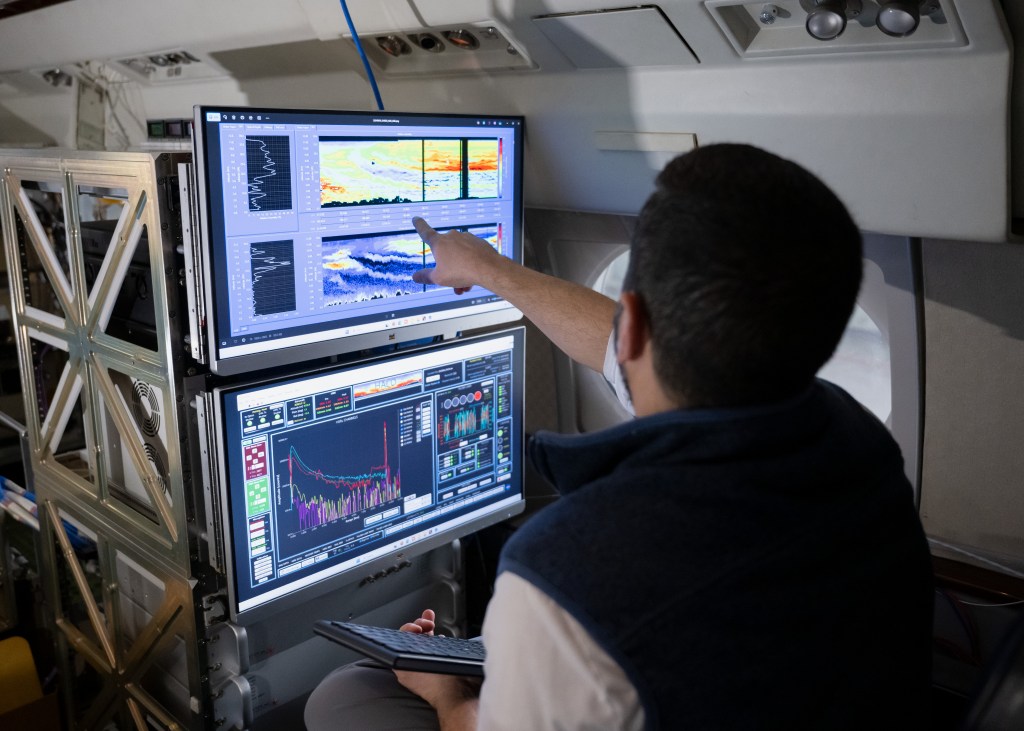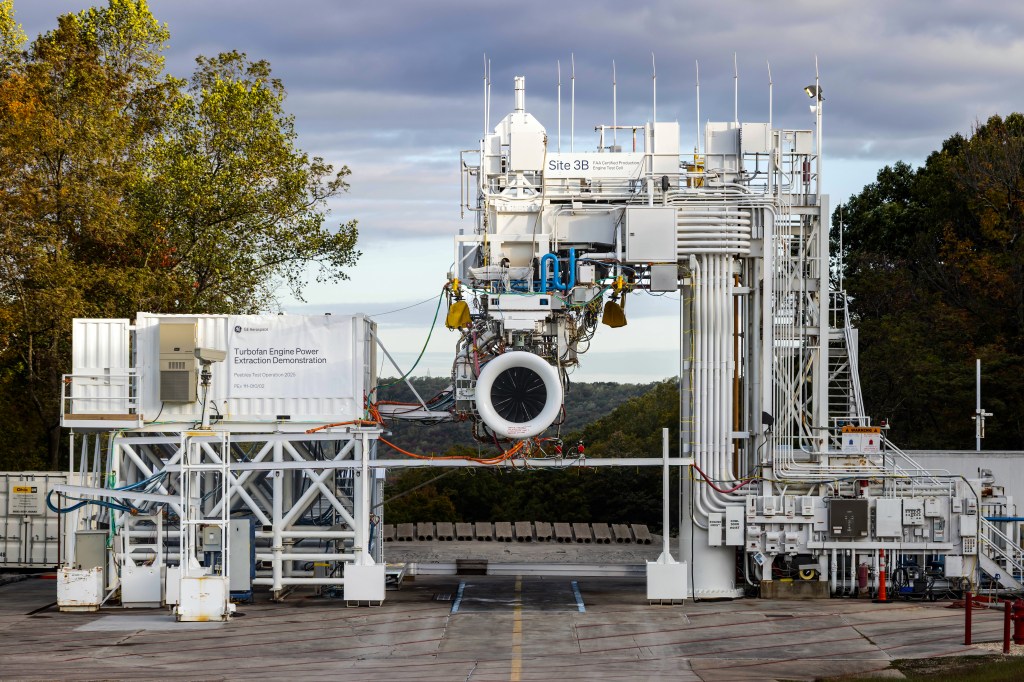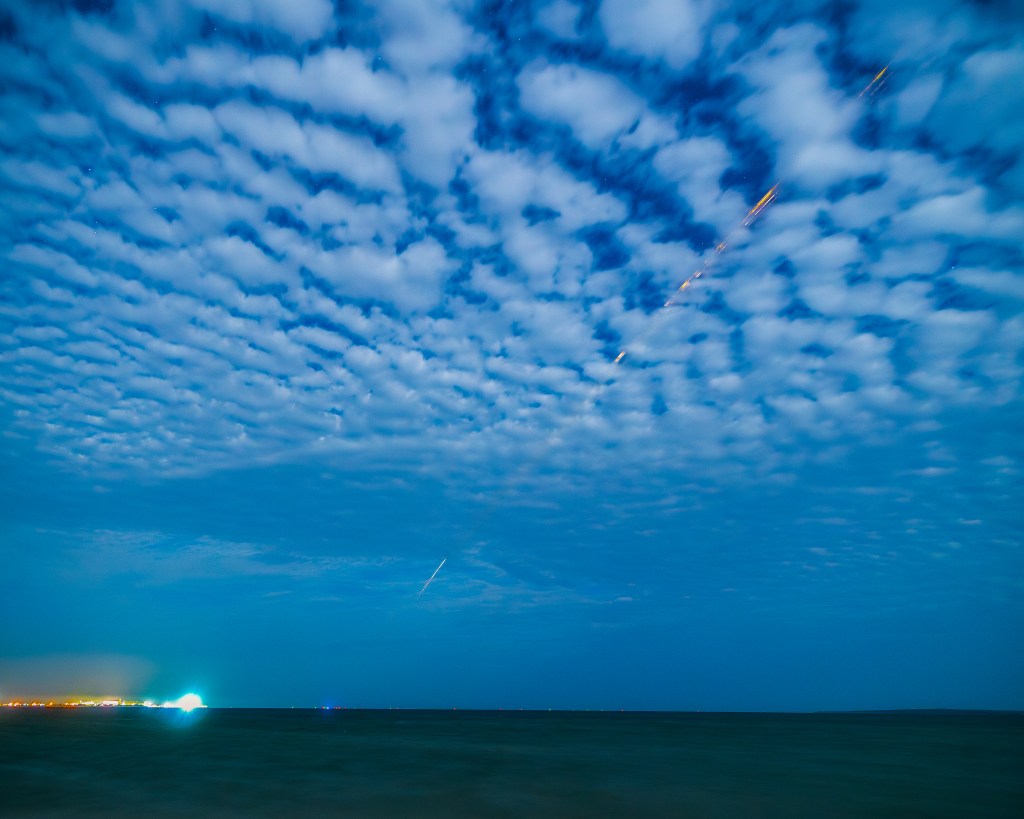ISS Daily Summary Report – 11/17/2023
Payloads:
Bacterial Adhesion and Corrosion (BAC): The BioCell habitat was retrieved, two of the BioCells were inoculated with experiment bacteria, and then stowed in the Space Automated Laboratory Incubator (SALI) incubator. Polymicrobial Biofilm Growth and Control during Spaceflight (Bacterial Adhesion and Corrosion) explores the formation under microgravity conditions of multi-species biofilms, which may behave differently from single-species biofilms. This investigation identifies the bacterial genes used during biofilm growth, examines whether these biofilms can corrode stainless steel, and evaluates the effectiveness of a silver-based disinfectant. The microorganisms in biofilms can become resistant to traditional cleaning chemicals, leading to contamination of water treatment systems, damage to equipment, and potential health risks to astronauts.
Boeing Environment Responding Antimicrobial Coatings (Antimicrobial Coatings): Today, is day two of the experiment, where the crew performed routine periodic touching of the six experiment placards deployed in various locations throughout the ISS. These placards will remain deployed for approximately four months and will be touched regularly by the crew as part of the investigation. The Boeing Environment Responding Antimicrobial Coatings experiment tests an antimicrobial coating on several different materials that represent high-touch surfaces. Some microbes change characteristics in microgravity, which could create new risks to crew health and spacecraft systems as well as creating the possibility of contaminating other planetary bodies.
Cell Gravisensing-2 (CGS-2): Observations were performed for the final day of the six-day CGS-2 experiment. Recent spaceflight experiments have revealed that individual animal cells can feel the effects of gravity. However, how cells can sense gravity is largely unknown, thus understanding this mechanism emerges as one of the most important problems to be solved in space biology. Elucidation of Gravisensing Mechanism in Single Cells (Cell Gravisensing) investigation challenges this problem through the analysis of the substrate-rigidity sensing capability of cells during spaceflight.
Cerebral Ageing: Microscopy observations were performed on the science samples. The Impact of Spaceflight on Human Brain Ageing Using Cerebral Organoids (Cerebral Ageing) investigation studies the effect of spaceflight and the durability in space of cerebral organoids. Cerebral organoids are 3D human-derived structures that closely resemble a developing human brain at the molecular and cellular level. Also included for analysis in this investigation are markers of cell stress, metabolism, and ageing in healthy control samples, and cerebral organoids with mutations that lead to accelerated ageing. With this investigation, the research team seeks to establish and validate a pipeline that can be used for experiments with human cells in future long-duration spaceflight.
ISS Ham: An ISS Ham pass was supported with the New Heights School & Learning Services in Calgary, AB, Canada. Some of the questions asked by the students included how much power the ISS uses every day, if the crew exercises, and the strangest thing the crew has seen in space. Since the earliest space station expeditions, ISS Ham Radio has allowed groups of students in schools, camps, museums, and planetariums to hold a conversation with the people living in space. As the ISS passes overhead, students have about nine minutes to ask crewmembers 10 to 20 questions.
Virtual Reality (VR) for Exercise: The crew performed a checkout of the Virtual Reality for Exercise science hardware. VR for Exercise focuses on the development of a VR environment for biking sessions aboard the ISS. The VR equipment is interfaced with Cycle Ergometer with Vibration Isolation and Stabilization (CEVIS), the current bicycle exerciser aboard the space station, located in the United States Laboratory Module Destiny.
Systems:
Regenerative Environmental Control and Life Support System (ECLSS) Recycle Tank Drain: The recycle tank was set up to drain via the Urine Processor Assembly (UPA) Fill Drain Valve into a Brine EDV using the Urine Transfer System (UTS). Following the setup, the ground performed the tank drain using the UTS. Once the ground specialists completed the transfer, the crew terminated the drain, repositioned the fill/drain valve to force fill the recycle tank using UTS, and configured for nominal processing operations.
Countermeasures Systems (CMS) CEVIS Pack: The crew removed the Integrated Vehicle Instrumentation System (IVIS) Boxes from the legacy CEVIS Ergometer and packed the ergometer in Acoustic Covers for return. CEVIS was replaced by an upgraded “Teal” unit, which is also called “CEVIS”. Teal CEVIS arrived on NG-19, with a spare arriving on NG-20.
Health Maintenance System (HMS) Vision Test: The crew performed eye exams with the support of the Station Support Computer (SSC) Client. Eye exams are performed regularly on board in order to test visual acuity, visual field, and contrast sensitivity. Eyesight is one of the many aspects of the human body that is affected by long-duration stays in a microgravity environment. The physical test was followed by a crew vision questionnaire.
SpX-29 Dragon Cargo Transfer Operations: Today, the crew continued transferring hardware and supplies from the SpX-29 Dragon cargo vehicle to the ISS. SpX-29 is scheduled to remain at the ISS until December before it undocks to return precious cargo and payloads to Earth.
Completed Task List Activities:
- N3 Endcone Restow [GMT 320]
- N3/NRAL Clear [GMT 320]
- NRAL Restow [GMT 320]
- WHC KTO Replace [GMT 320]
Today’s Ground Activities:
All activities are complete unless otherwise noted.
- Bacterial Adhesion and Corrosion Inoculation Support
- Cerebral Ageing Microscopy 1 Support
- VDS EHDC P1 Radiator Survey
- Recycle Tank Drain Support
- MSS Cargo Setup Operations
- MSS SpX-29 External Cargo Operations [Planned]
- JEMAL Depress Operations
Look Ahead Plan
Saturday, November 18 (GMT 322)
Payloads:
- Payload NAS Vent Clean
Systems:
- Crew Off Duty
Sunday, November 19 (GMT 323)
Payloads:
- Crew Off Duty
Systems:
- Crew Off Duty
Monday, November 20 (GMT 324)
Payloads:
- AC2 Touch
- AWP
- CGS-2 Cleanup
- Choctaw Heirloom Seeds
- CIR FOMA
- Space Organogenesis
- VR Mental Care
Systems:
- HMS IMAK Unpack
- SpX Toilet DTO
- IFM WHC UR/IF R&R
- HMS Ultrasound 2 Operations
- SpX Crew Dragon Deorbit Entry and Landing Contingencies Refresher
- SpX-29 Dragon Cargo Operations
Today’s Planned Activities:
All activities are complete unless otherwise noted.
- Standard Measures Post-Sleep Questionnaire
- Cell Gravisensing 2 Item Gathering, Observation Preparation, and Closeouts
- LSG Work Volume Deploy/Stow and Primary Crew Restraint Unfold/Fold
- Bacterial Adhesion and Corrosion MELFI Sample Retrieve, Iceberg Retrieve Inoculum Bag 1, and Inoculation
- Cardinal Heart Microscopy Review
- System Laptop Terminal 8 (SLT8) Shell Changeouts
- Microscope Hardware Setup via SABL Power and Reposition Post Operations
- Dragon Cargo Transfer
- Cerebral Ageing Microscopy 1
- Regenerative ECLSS Recycle Tank Drain and Fill
- S&M UID Calibration and PrK Scan
- Environmental Health System (EHS) Total Organic Carbon Analyzer (TOCA) Calibration Check and Data Record
- Columbus PWS1 Stow
- Actiwatch Plus Watch Doff [Deferred]
- S&M IWIS RSU Demate and Power Restoration
- Urine Transfer System Offload EDV Swap [Deferred]
- Swap SSC 9 and 12 Swap
- VR for Exercise and VR Mental Care checkout
- HMS Vision Test Operations
- ISS HAM Columbus Pass Kenwood
- Service Module Transfer Tunnel IWIS RSU Inspection and Cable Reconfigure
- HMS ISS EveryWear (EVW) Tracking
- Antimicrobial Coatings Touch
- Countermeasures Systems CEVIS Pack


